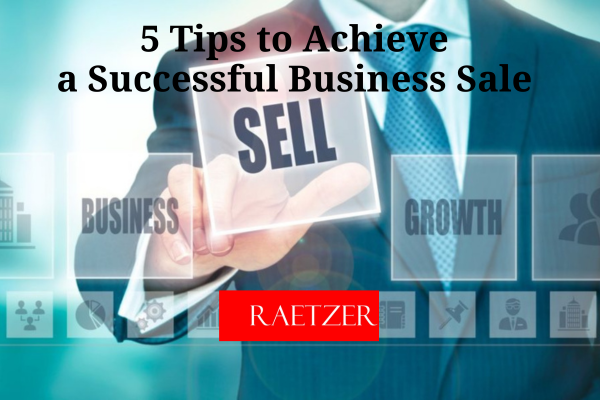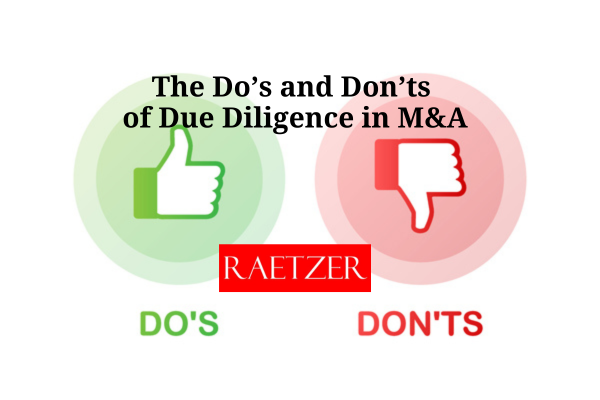1. Unlocking Your Business’s Potential Value
Understanding what makes your business valuable is crucial before pursuing a sale or merger. The value often lies in the people, innovations, and operational systems that drive the business forward. Ensuring that key employees remain motivated and engaged is essential, as it fosters a sense of stability and commitment that can be highly appealing to potential buyers. Similarly, protecting intellectual property, such as patents/trademarks or unique processes or recipes, is vital. Safeguarding these assets not only preserves your innovations, but also contributes to the overall value of your business.
For businesses in manufacturing or other process-driven sectors, having streamlined and efficient operations can significantly enhance your attractiveness to buyers. Well-established processes show that your business is scalable and replicable, making the transition smoother and more sustainable after the sale. By preparing your business with these elements in mind, you increase its perceived and real value, making it a more attractive proposition for both strategic buyers and investors.
2. Preparation is Key
Credibility is the foundation of any successful M&A transaction. Gaining this credibility requires both honesty and a thorough understanding of your business. It means having clear, accurate financial records and well-organized contracts that are easily accessible so they can be provided in a timely manner. Being well-versed in all areas of your business—from day-to-day operations to employee relations—ensures you can respond confidently and consistently to buyer inquiries, building trust and reducing perceived risks.
Partnering with a good lawyer early on helps establish this credibility by safeguarding your intellectual property, refining your contracts and ensuring sound corporate governance. This proactive approach helps pave the way for a smoother, more profitable transaction. It also helps keep transactional costs down for both parties.
3. The Emotional Journey of Selling
Selling a business is about more than just financial gain; it’s an emotional experience, especially for owners who have spent years—sometimes decades—building the business. For many sellers, the business is not just a company; it’s their legacy, identity, and a reflection of their life’s work. This emotional attachment can make the process of selling particularly poignant, especially for those retiring after a long career.
The right legal advisor recognizes the personal aspects of this journey. We do not see a lawyer’s role solely about negotiating; it’s also about guiding sellers through the process with clarity, interpreting buyer demands and ensuring that the seller’s priorities, including the welfare of employees and the preservation of their legacy, are respected. At Raetzer, we combine legal expertise with a deep understanding of the human side of business transactions, ensuring your legacy and your employees are in capable hands.
4. Buyer Motivations and Sale Strategy Alignment
Understanding the motivations of potential buyers is crucial in crafting an effective sale strategy. Different buyers have different objectives. For example, out-of-state investors might view your business as a valuable entry point into a new market, appreciating your customer base and operational framework. Local competitors, however, might be more interested in integrating your business to enhance their own operations, focusing on factors like employee expertise or your business’s strategic location.
Private equity firms may see your business as a complementary addition to their existing portfolio or as a platform acquisition that could expand their product offerings. Tailoring your sale strategy to align with these varied interests ensures that you position your business in the best light for the right buyers, maximizing the potential for a successful and mutually beneficial transaction.
5. Choosing the Right Advisors
The right advisors are critical to the success of your M&A transaction. Having the wrong accountant, lawyer, business consultant or project manager can slow down the process or lead to missed opportunities. The best advisors not only offer technical expertise, but also bring strategic foresight to anticipate challenges and guide you through the complexities of the deal.
Raetzer specializes in guiding business owners through every phase of the deal, ensuring that your business continues to grow and succeed. With our guidance, you can ensure that your investment supports your business goals and secures a successful transaction.




